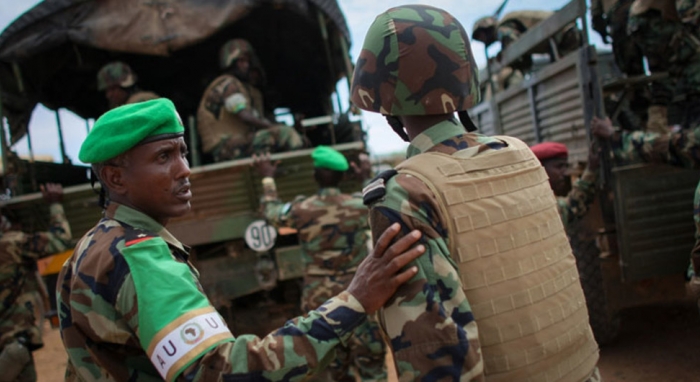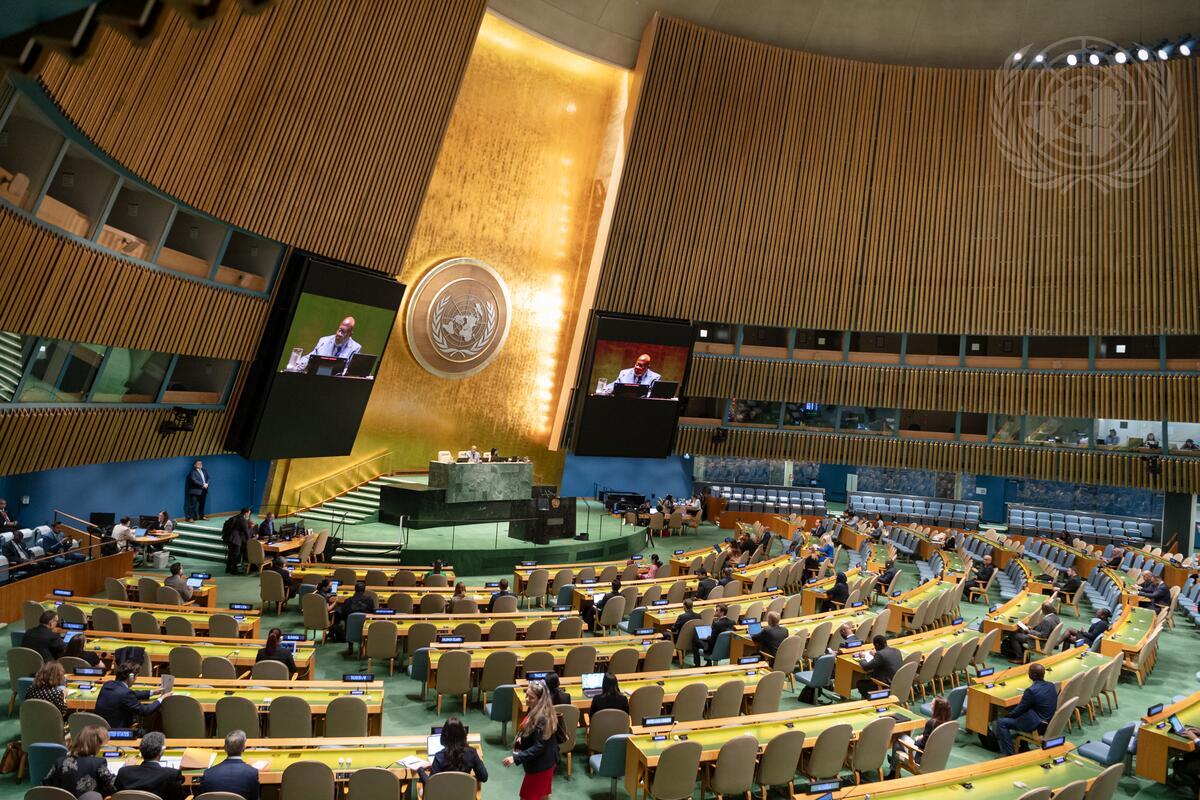Article 23 of the African Charter guarantees that “… [a]ll peoples shall have the right to national and international peace and security…”
Nonetheless, conflict, war and human rights violations continue to pervade the African continent. Commissioner Solomon Ayele Dersso, Chairperson of the Commission and Focal Point for Human Rights in Conflict Situations, and for Transitional Justice, said that following the 50th Anniversary of the Organisation of African Unity (OAU) in May 2013, a declaration was adopted in which State Parties to the African Charter adopted a pledge not to bestow the next generation of Africans conflict and violence but to end wars. On the basis of this pledge, the African Commission during its 67th Ordinary Session held in November/December 2020 adopted Resolution 467 on the need for Silencing the Guns in Africa.
The Panel was convened by the African Commission to further the implementation of Resolution 467 with the aim of launching the process for the drafting of the GC on Article 23 of the African Charter.
Commissioner Robert Nanima, a member of the African Committee of Experts on the Rights and Welfare of the Child (ACERWC) submitted that the following considerations have to be in place before and during the drafting of a GC on Article 23 of the African Charter:
- Ensure all State Parties to the African Charter take part in the drafting;
- Use a human-rights based approach;
- Draft the GC concisely; and
- Assess how the GC would be applied in practice. For instance, the African Commission could develop a dissemination plan to ensure that states, National Human Rights Institutions (NHRIs) and other stakeholders are using it.
Rachel Murray from the Human Rights Implementation Centre at the University of Bristol Law School observed that previous GC’s have drawn not only on the African Commission’s and the African Committee on the Rights of the Child, various court jurisprudence and have included reference to international bodies. Yet, there has been little reference to African jurisprudence in terms of national legislation and court decisions. Among other things, she recommended that the Africa Commission should stick to the previous approach to recent GC’s of first having an in-depth study on a thematic issue and identifying a plan of action. This approach could provide a useful and practical roadmap to study the interpretation of the right to peace.
During the open-floor discussion, Japhet Biegon, the African Regional Advocacy Coordinator for Amnesty International, commented that Article 23 of the African Charter had lied idle for a long time but since the establishment of the Focal Point for Human Rights in Conflict Situations, its now coming into life. The proposed GC on Article 23 will result into practical operationalisation of the African Commission’s study on conflict and human rights, the African Committee on the Rights of the Child’s study on the impact of conflict on children and the silencing the guns initiative of the AU. Biegon hopes that the GC will highlight questions of state accountability in respect to peace and human rights.
According to Ambassador Bankole Adeoye, AU Commissioner for Political Affairs, Peace and Security, the real challenge ahead of the drafting of GC 23 will be ensuring that it acquires practical applicability. He added that only a pragmatic approach to protecting human rights could result in development for Africa and put an end to its conflicts.




